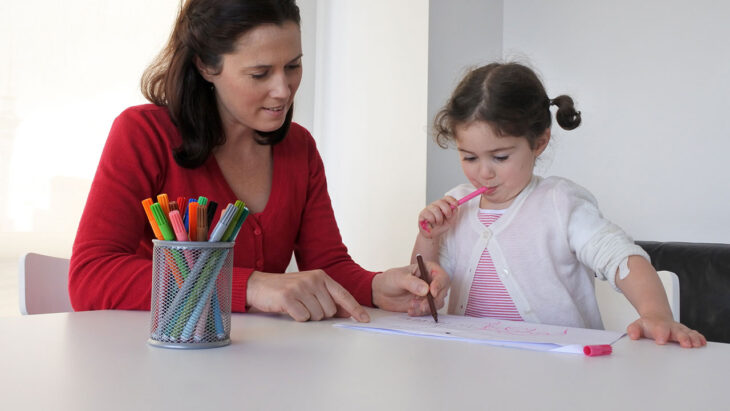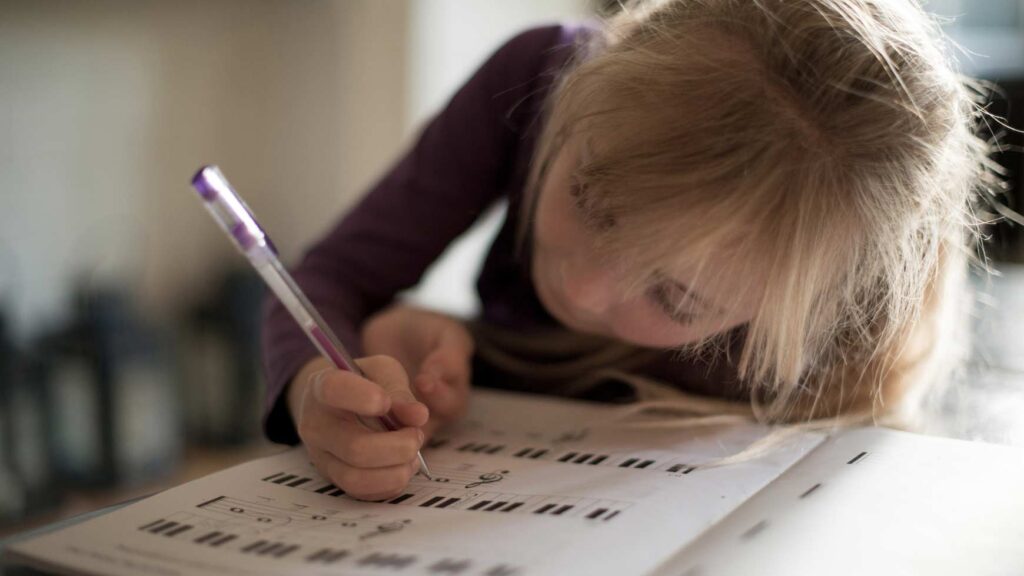
Testing Your Child for Giftedness? 3 Things to know
Giftedness is something that most parents want for their children, but figuring out if your child has a gifted aptitude can be a tricky process. Whether you’re looking to give your child an edge in the classroom or want to make sure they are reaching their full potential, it’s important to understand the signs of giftedness and how best to test for them. Read on to discover the essential information you need to know when it comes to testing your child for giftedness.
Types of Giftedness Tests

At the most basic level, there are IQ tests or aptitude tests that measure a variety of intellectual skills such as problem-solving or reasoning. A psychologist can also use achievement tests to measure how much the child knows in certain academic areas such as math or reading. Finally, specific ability tests can be used to evaluate talent in particular areas such as art, music, science, or mathematics.
In addition to IQ and standardized achievement testing, parents may want to explore more specialized options for assessing their child’s giftedness. These include creativity assessments which assess originality through either interviews or projects; and observational assessments which look for excellence in specific tasks like drawing shapes or situations requiring rapid decision-making and problem-solving. Finally, personality inventories help uncover strengths and weaknesses in temperament based on questions about behavior and motivation.
When to Test Your Child?

Age is one factor that should be taken into consideration when determining the appropriate time for testing. It has been suggested that gifted assessments should not be administered until a child is between 9-13 years of age. This allows educators to gain insight into not only the child’s individual skills and abilities but how they compare with their peers of similar age and grade level. Test results are most informative and reliable prior to puberty as cognitive development may become less stable during those teenage years due mainly to hormonal influences.
Signs of Giftedness in Children

While the signs of giftedness can vary, there are certain tendencies that may provide insight.
Common signs of giftedness may include:
- Higher than-average problem-solving skills
- Early language acquisition and expansive vocabulary
- Advanced sequential thinking
- Excellent memory skills
- Rapid grasp of reading and understanding concepts beyond age level
- Curiosity about the world and a strong desire to learn
- High level of focus and concentration compared to peers or age-level expectations
These traits often manifest in early childhood, however, sometimes they may not be identified until later years. If you notice any of these characteristics in your child, consider taking the time to investigate further.
To sum up
It’s important to consider the potential benefits and drawbacks of testing, as well as how it may affect your child’s overall development. In any case, discussing this issue with a qualified professional can help you make an informed decision about whether or not to proceed with testing your child for giftedness. Ultimately, only you know what is right for your family and what will lead to the best outcome possible for both you and your child.